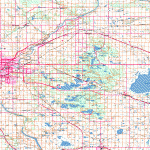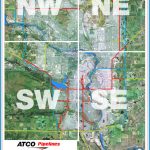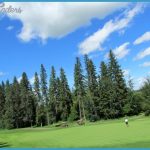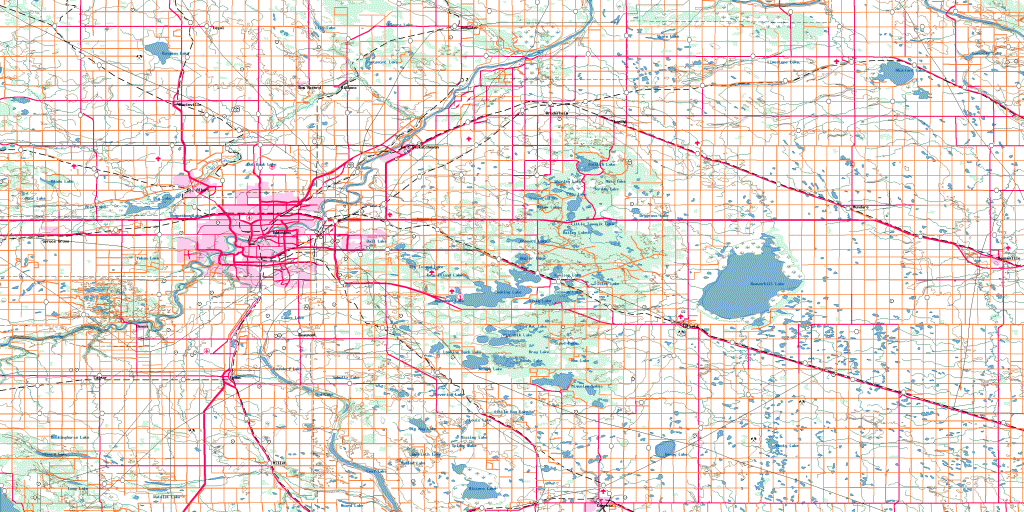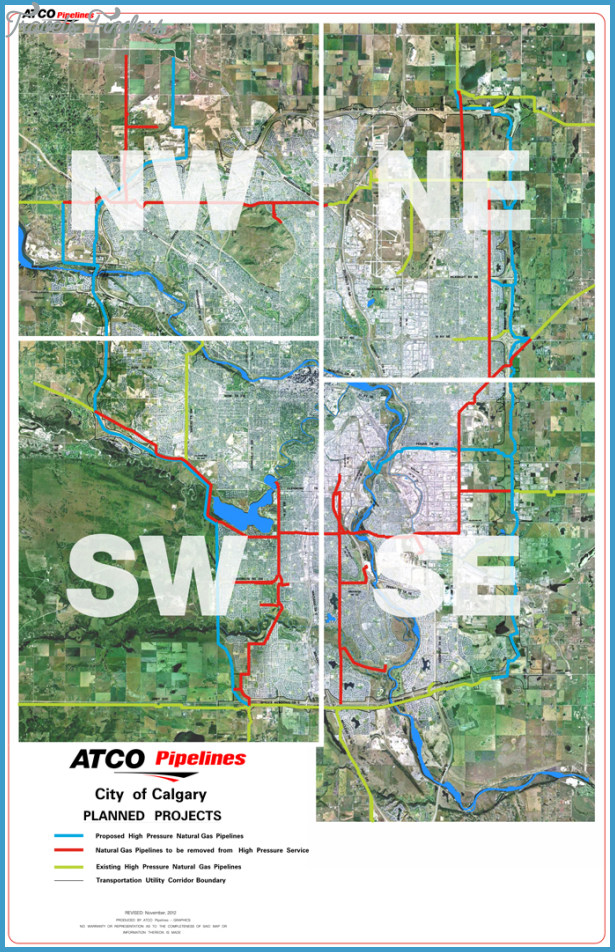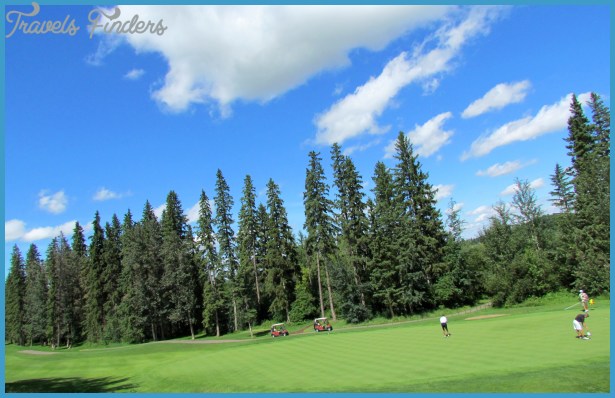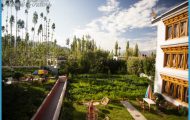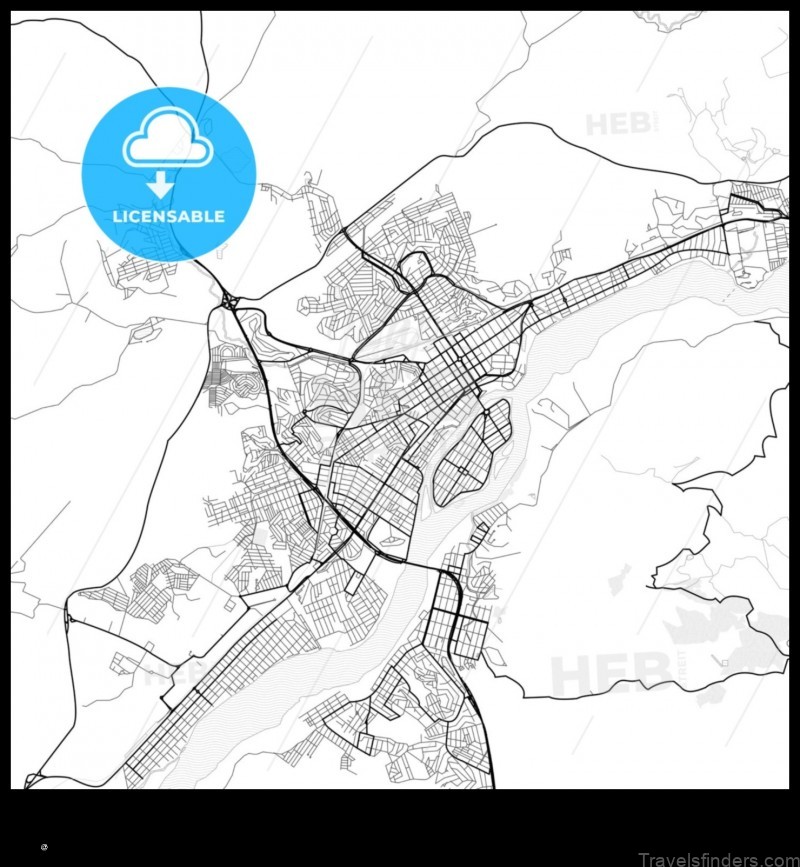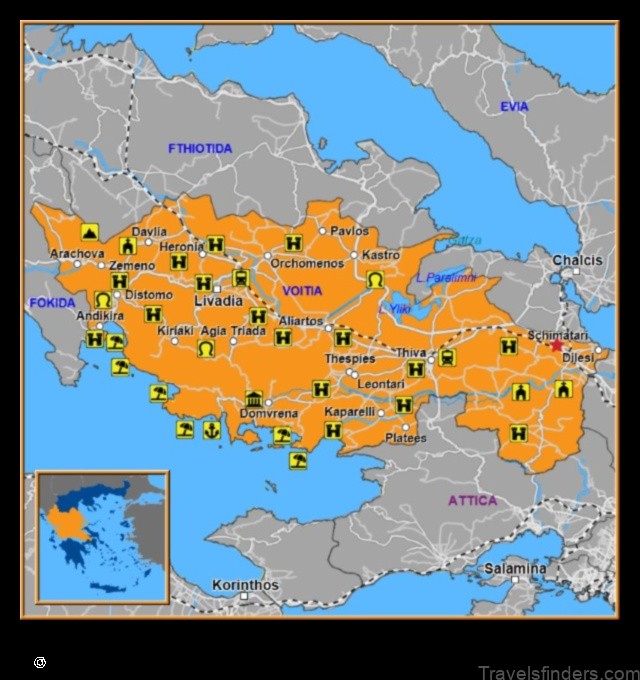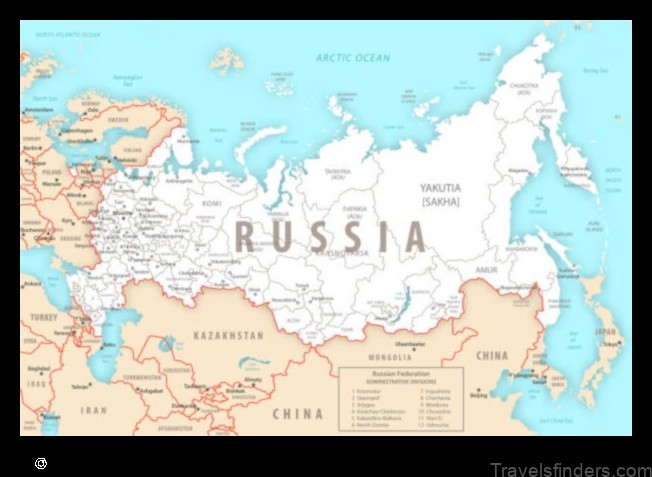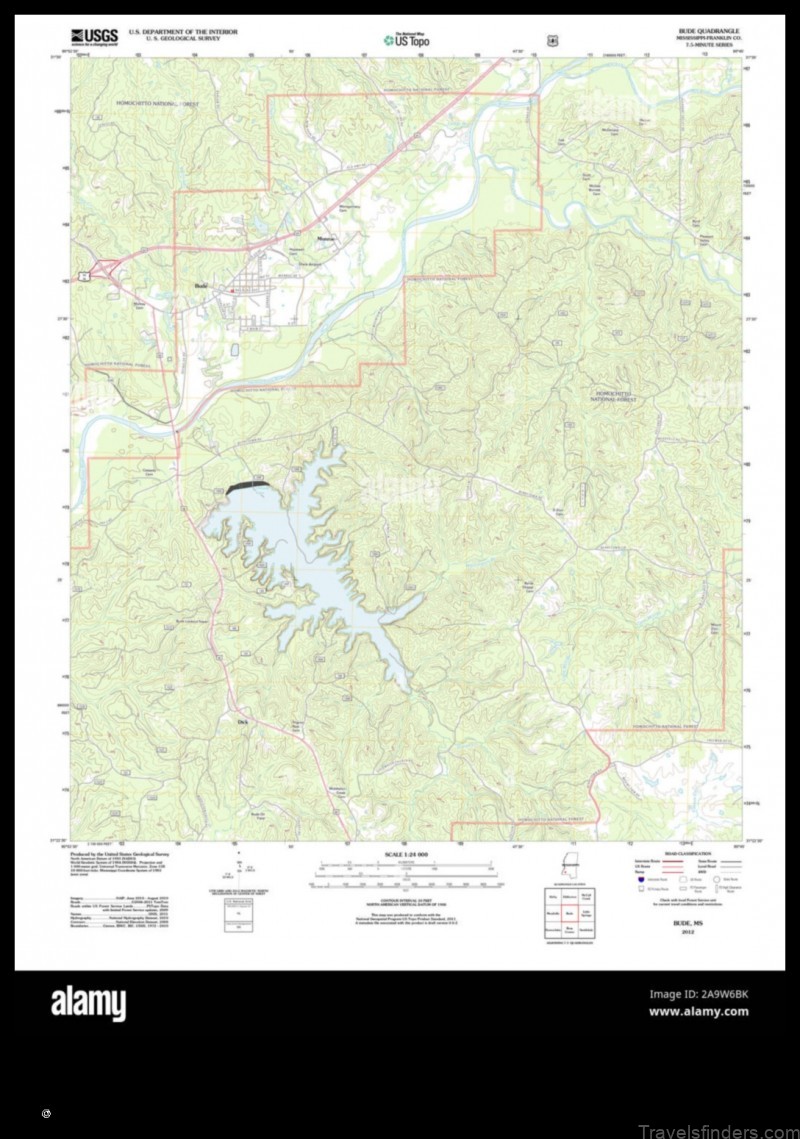WAGNER NATURAL AREA MAP EDMONTON
Directions: Follow Hwy 16 west; beyond the Hwy 794 overpass, turn south onto Atim Road (Range Road 270) and immediately turn left again onto the access road, which leads 150 metres east to a dead-end gravel parking area and the trail entrance.
Distance: 26 km, or 24 minutes, from Edmonton.
Info: Admission is free. Year-round access. Rubber boots are advised if there has been rain. The use of mosquito repellent will make your hike infinitely more enjoyable. Visitors to natural areas are advised to stay on the trails and refrain from picking plants. www.wagnerfen.ca.
Locally known as Wagner Bog, this unique natural area is actually a fen. A jewel on the edge of the city, its 219 hectares are made up of several habitats not normally found together. The fen is an area rich in minerals and fed by groundwater. You will see marl ponds, black spruce muskeg forest, and willow-sedge fens, as well as upland woods and meadows.
The 1.2-kilometre self-guided hiking trail loops around the startlingly clear water of a fen. The trail continues through wooded areas so lush in wet years that you can almost imagine you are on an exotic vacation. About one-third of all Alberta’s plant species can be found at Wagner Bog. It is home to 16 of the province’s 26 wild orchid species and more than 330 other flowering plants. This includes some carnivorous speciesfortunately only hungry for insects! There are 138 species of birds, and 800 species of insects, including 35 types of butterflies. Bog visitors may get a close look at western toads and boreal chorus frogs. Wood frogs also live here, and toad walks are held during the spring. Aquatic life is easy to view through the clear water, and children will especially enjoy searching for caddis fly casings and tadpoles.
Birdwatchers should look for least flycatchers, yellow-rumped warblers, dark-eyed juncos, and typical boreal species like the ruby-crowned kinglet and boreal chickadee. Pileated woodpeckers and northern goshawks like the mature forest. Listen for saw-whet and great horned owls at dusk.

